
The City of Beaumont, located in western Riverside County, operates a wastewater treatment plant (WWTP) originally constructed in 1994 with a capacity of 2 million gallons per day (MGD). Over the years, the facility has undergone several improvements, including the addition of ultraviolet (UV) disinfection in 2005, and has grown to treat an average of 3.3 MGD within its permitted 4.0 MGD capacity. As flows approached regulatory thresholds and new water quality standards were introduced, the City initiated a major expansion and upgrade effort. The project started off as an expansion and upgrade project. Ultimately, through added change orders, the entire facility was replaced with new treatment processes on the same footprint of the original facility while keeping the existing facility operating.
Wastewater Treatment Plant Expansion / Renovation
To meet future demand and comply with Regional Water Quality Control Board mandates, the City expanded its WWTP from 4.0 to 6.0 MGD. The upgrades introduced advanced treatment technologies including:
These improvements allow the plant to deliver disinfected tertiary recycled water, achieve stricter groundwater basin objectives for nitrogen and TDS reductions, and support sustainable long-term growth.
Brine Pipeline Installation Project
In conjunction with the WWTP expansion, Beaumont constructed a new brine pipeline that connects to the Inland Empire Brine Line (IEBL) in San Bernardino. This 22-mile pipeline connection allows brine from the RO system to be conveyed for treatment and disposal at the Orange County Sanitation District (OCSD), ensuring compliance with regulatory discharge requirements and protecting local water resources.
Together, these projects represent a significant investment in Beaumont’s water infrastructure, securing reliable wastewater treatment capacity while advancing environmental stewardship and regional water quality goals.
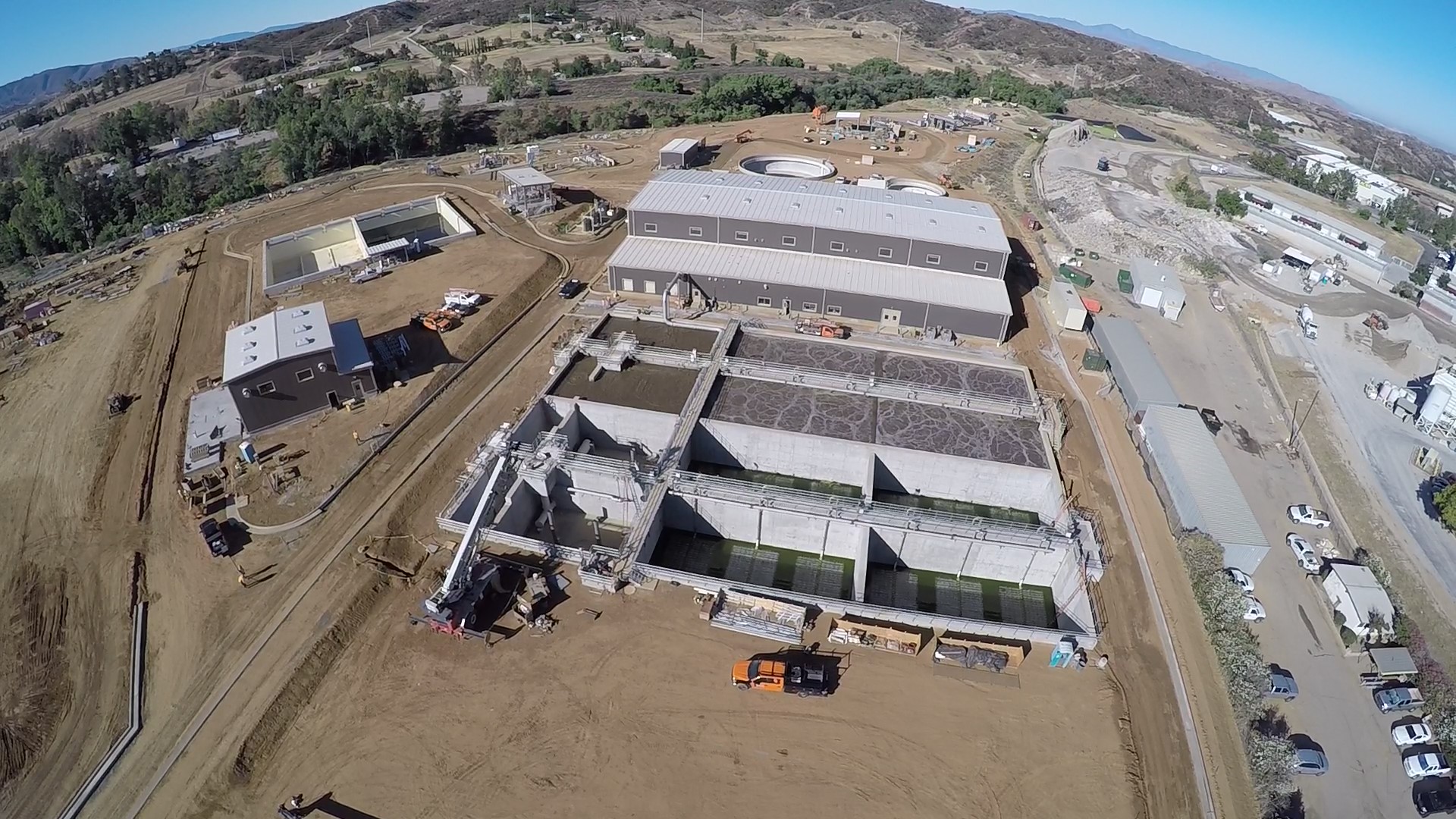
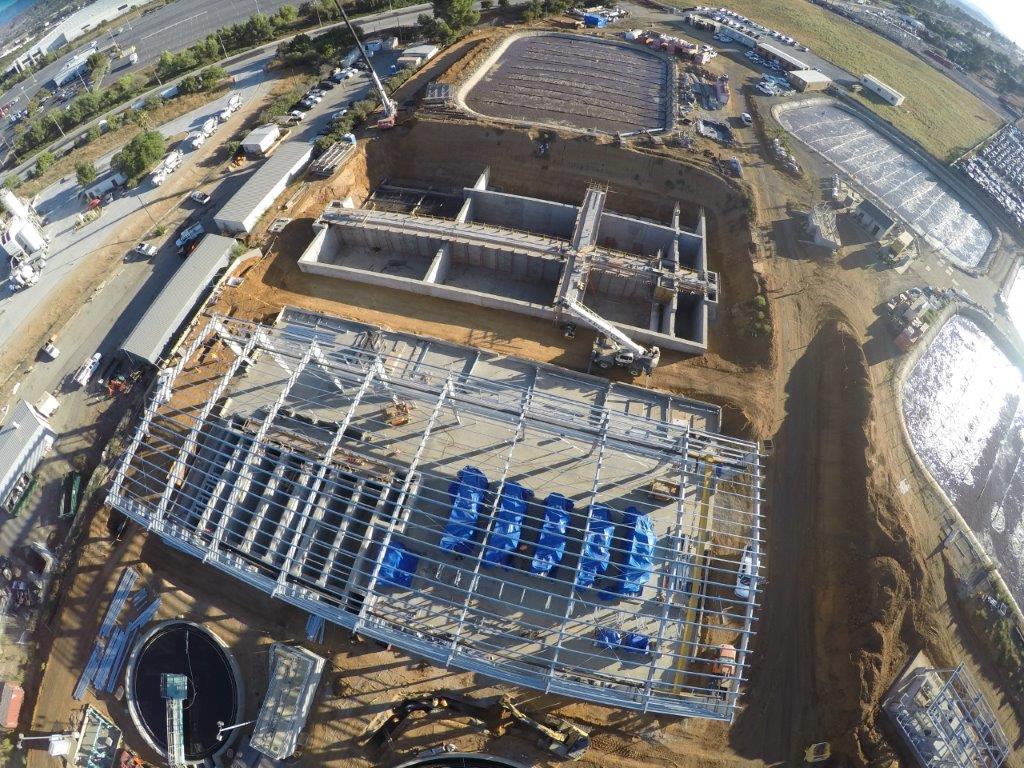
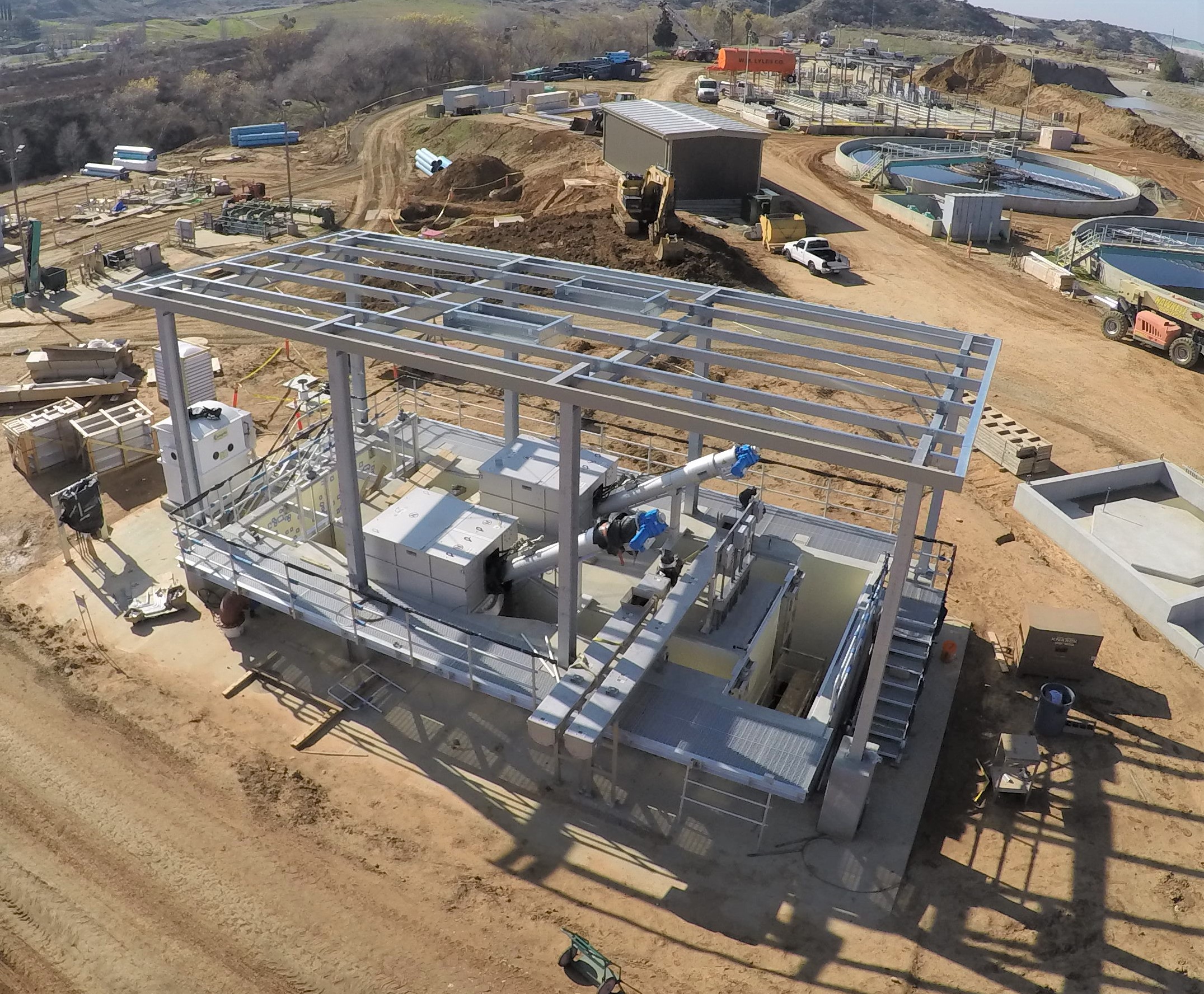
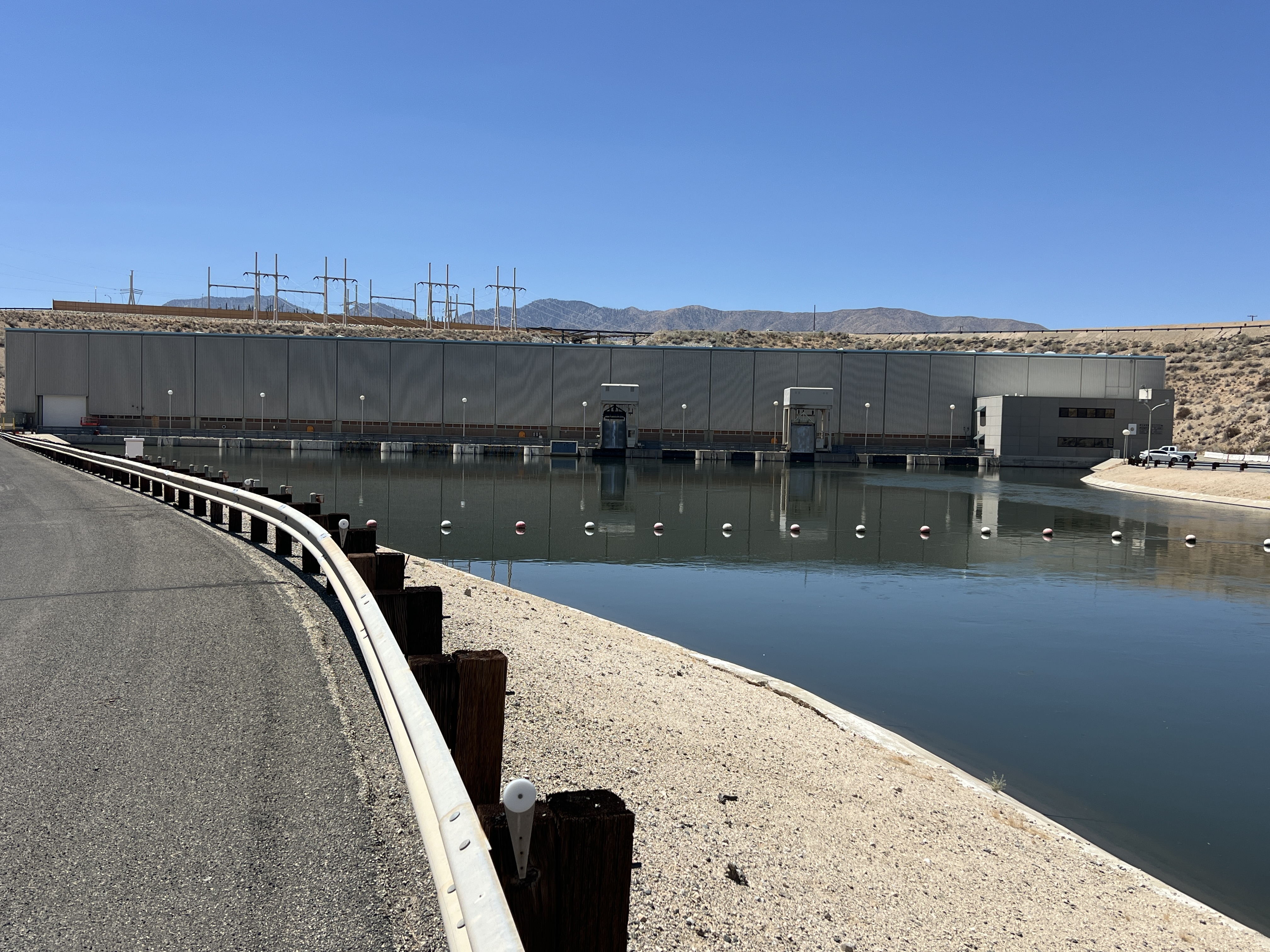
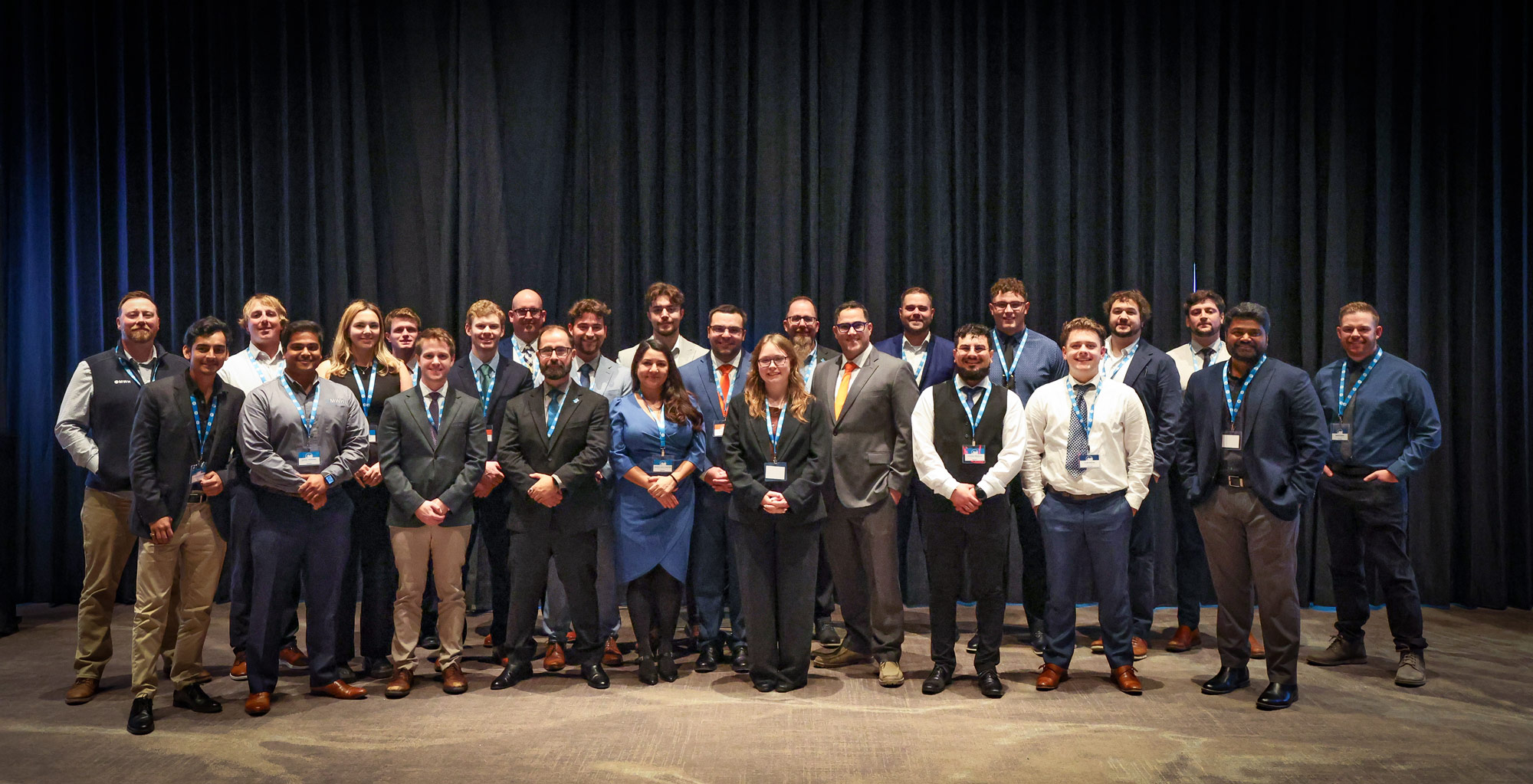
During the recent Breckenridge conference, talent from across MWH came together to share groundbreaking innovations and insights in Quality, Engineering, Safety, and Technology. The level of leadership, creativity, and expertise on display was nothing short of inspiring.
Read More
The MWH Breckenridge Conference featured 13 insightful presentations, recognizing standout contributions in engineering, innovation, and project leadership. Two teams were selected to join Obayashi’s training program in Tokyo.
Read More
MWH was awarded the 2023 ENR Intermountain Award of Merit in the Water and Environment category for the Logan Regional Wastewater Treatment Facility (WWTF). The award recognized the team’s hard work and dedication in completing the largest single capital improvement project for the City. Lance Ota, Project Manager, graciously accepted the award on behalf of the team.
Read More